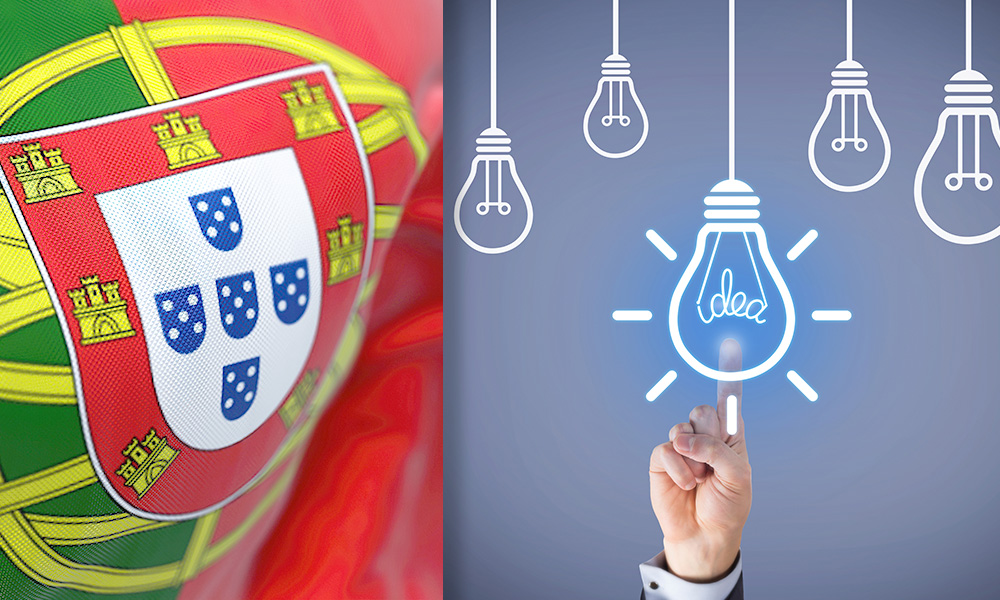Notable new aspects of the law include the right granted to press publishers to authorize or prohibit the online use of their publications and that online content-sharing service providers are considered to perform an act of communication to the public or an act of making available to the public when they give the public access to copyright-protected works.
The long-awaited Portuguese transposition of the new Copyright Directive has finally been completed with the publication and entry into force of Decree-Law no. 47/2023, of June 19, 2023. However, the government has introduced amendments and additions to the “old” Portuguese Code of Copyright and and Related Rights (CDADC), incorporating special features in the Portuguese law with respect to the wording and legal regime of the Copyright Directive. The CDADC imposes criminal penalties in cases of infringement, and disputes related to copyrights and neighboring rights are subject, in some cases, to mandatory arbitration. The Portuguese lawmakers have also implemented collective licensing mechanisms.
The Copyright Directive was a highly debated directive that became widely known following its new provision that online content-sharing service providers, such as YouTube, perform an act of communication to the public or an act of making available to the public when they give the public access to copyright-protected works. The Directive provides that in such cases an authorization from the rightholders must be obtained, and if not that those platforms must demonstrate that they have made their best efforts to obtain such authorization (Article 17). However, these were not the only relevant changes made to the copyright and neighboring rights scenario. The Directive also introduces a new right for press publishers to authorize or prohibit the online use of their publications (Article 15), includes measures to facilitate collective licensing (Article 12) and also implements the principle of appropriate and proportionate remuneration whereby authors and performers are granted the right to receive appropriate and proportionate remuneration (Article 18), among many other amendments.
The Portuguese transposition of the Copyright Directive was handled directly by the Portuguese Government (not the Parliament) in an attempt to simplify and abbreviate the legislative procedure to implement this Directive and to avoid the European Commission taking action against this delayed transposition.
While several scholars and associations representing the holders of copyright and related rights highlighted that this would be the perfect opportunity to review and consolidate Portuguese laws relating to copyright and neighboring rights, this endeavor was unfortunately not accepted by the Portuguese Government, which decided to simply introduce amendments and additions to the “old” CDADC.
This resulted, in some cases, in a transposition that gave rise to various new features in the Portuguese law with respect to the wording and legal regime of the Copyright Directive.
One significant new feature resulting from the Copyright Directive are the criminal penalties imposed in cases of infringement of copyright and related rights. Consequently, when creating this new right for press publishers, the Portuguese lawmakers also awarded criminal protection to potential cases of non-authorized use of such publications. In addition, the potential non-authorized use of copyright-protected works by online content-sharing service providers may also lead to criminal sanctions.
Another important feature of the Portuguese law is that, in certain cases, the Portuguese law allows disputes related to copyrights and neighboring rights to be handed by a specialized IP arbitration and mediation center. In some cases, resorting to this ADR center is mandatory. In fact, Decree-Law no. 47/2023, of June 19, 2023, provides that disputes between press publishers and information society service providers arising from the protection of online use of press publications, are subject to mandatory arbitration when, by express choice of the press publishers or the copyright holder, they are submitted to this specialized IP arbitration and mediation center. Similarly, if a conflict arises between an online content-sharing service provider and users regarding the removal or blocking of content, and the user submits the conflict to the IP arbitration and mediation center, arbitration is also be compulsory.
Although this IP arbitration and mediation center was already envisaged in Portuguese law, the truth is, that it has not yet been created nor regulated by the Portuguese Government. In the interim, the law on voluntary arbitration is applicable, meaning that any of the above conflicts may be submitted to an ad hoc arbitration court.
The Portuguese lawmakers have also implemented collective licensing mechanisms in those cases in which it is excessively burdensome and impractical to obtain authorizations from rightsholders on an individual basis, and to the extent that obtaining individual licenses is unlikely. One of the most relevant cases of collective management refers to a temporary collective management system of the rights of press publishers of regional publications. According to the transitional rule of Decree-Law no. 47/2023, of 19 June (Article 12), until 31 December 2028, any reproduction, communication to the public, or making available to the public of online press publications of publishers of regional publications will be licensed by a collective management organization with sufficient representation – in Portugal, VISAPRESS – and that publicizes its intention to issue said licenses. It would appear that the Portuguese lawmakers have created a temporary, almost mandatory collective management system.
All of these new legal rules and modifications to the Portuguese Copyright Code will undoubtedly lead to interesting discussions regarding how Portuguese law should be interpreted and applied, in view, on the one hand, of the principle that a law implementing a directive must be interpreted according to said Directive and, on the other, that the Directive, in some cases, gives the EU States scope to choose the best solution to implement the new Copyright Directive in accordance with national rules.
Interesting times lie ahead!






